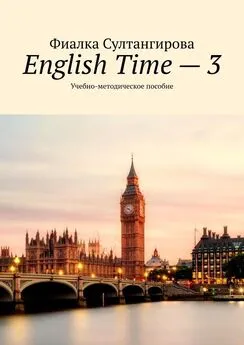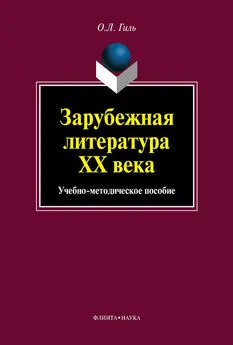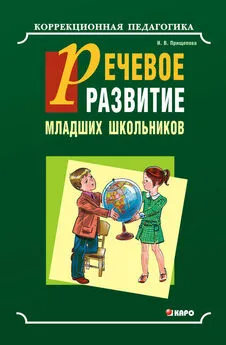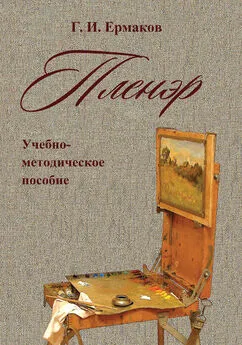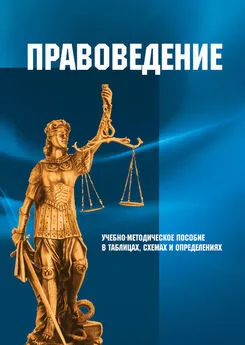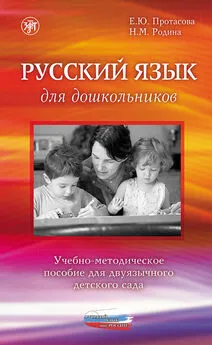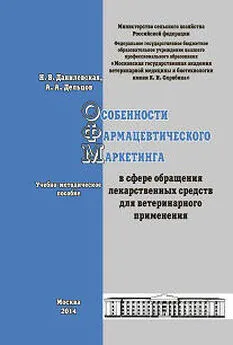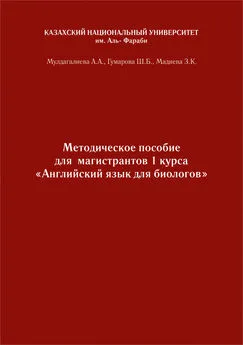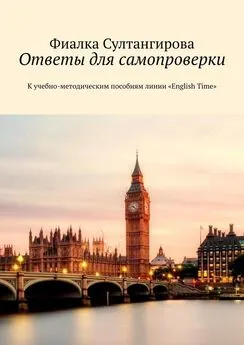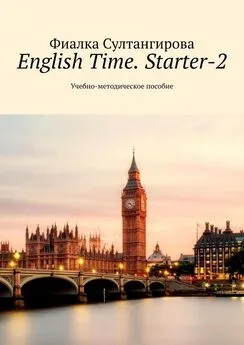Фиалка Султангирова - English Time – 3. Учебно-методическое пособие
- Название:English Time – 3. Учебно-методическое пособие
- Автор:
- Жанр:
- Издательство:неизвестно
- Год:неизвестен
- ISBN:9785005386342
- Рейтинг:
- Избранное:Добавить в избранное
-
Отзывы:
-
Ваша оценка:
Фиалка Султангирова - English Time – 3. Учебно-методическое пособие краткое содержание
English Time – 3. Учебно-методическое пособие - читать онлайн бесплатно ознакомительный отрывок
Интервал:
Закладка:
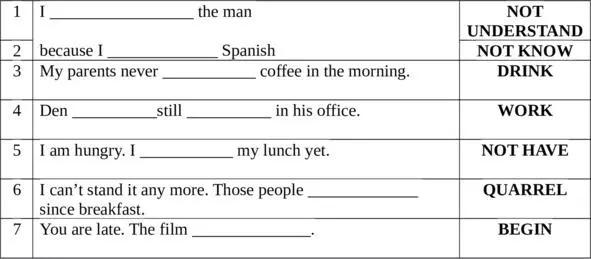
Занятия №№19—20. Работа с текстом «My School Life»
ЛЕКСИКА:
school life – школьная жизнь
light – светлый
beautiful —красивый
together – вместе
celebrate – праздновать
classmate – одноклассник
receive – получать
mark – оценка
ОБРАЗЕЦ УСТНОЙ РЕЧИ УЧАЩИХСЯ (МОНОЛОГА)
MY SCHOOL LIFE
1. I’d like to tell you about my school life.
2. I’m a student of the 5 th form.
3. I study at school №6.
4. My school is small but light and beautiful.
5. I go to school 5/ 6 days a week.
6. We have 5/ 6 lessons a day.
7. My favourite subjects are Maths and English (Russian, Art, etc.)
8. I usually receive good marks in these subjects.
9. I like to go to school because here I have many friends.
10. Sometimes we have a good time together celebrating some holidays or somebody’s birthday.
11. I love my school, my classmates and teachers.
12. That’s all I want to tell you about my school life.
ЗАДАНИЕ
Ответьте на вопросы:
1. Where do you study?
2. How many lessons do you have at school?
3. What are your favourite subjects?
4. Why do you like to go to school?
5. What do you do together at school?
Занятия №№21—23. Будущие времена: Future Simple/ Future Continuous/ Future Perfect/ Future Perfect-Continuous (утвердительные предложения)
Образование утвердительных предложений
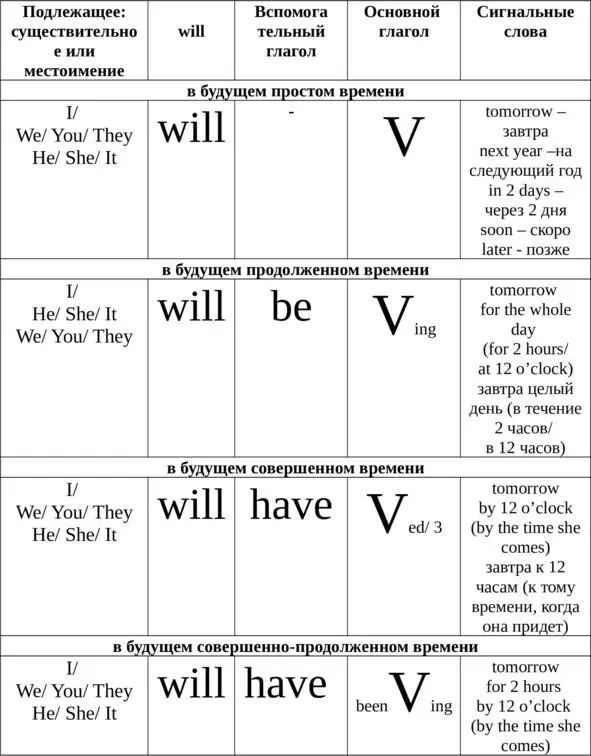
Будущее простое времяупотребляется, когда говорим о действиях, которые произойдут в будущем.
Слова-маркеры будущего простого времени:
tomorrow – завтра
next year – на следующий год
in 2 days – через 2 дня
soon – скоро
later – позже
Правило образования:
За подлежащим, выраженным местоимением или существительным, идет вспомогательный глагол will и основной глагол без окончания.
I / He / She / It / We / You / They + will + V (глагол)
Например:
I will swim tomorrow. – Я буду плавать завтра.
He will swim in 2 days. – Он будет плавать через 2 дня.
УПРАЖНЕНИЯ
Упражнение 1.Напишите следующие предложения во времени Future Simple.
1. I (ride) a bike tomorrow.
2. Mary (fly) to Spain in 2 hours.
3. They (go) to England next month.
4. You (visit) Mary tomorrow.
5. We (visit) our grandparents tomorrow.
6. They (dance) at the party next Sunday.
7. Ben (invite) you to his party next week.
8. The kitten (sleep) after lunch.
Упражнение 2.Напишите, что произойдет: They usually go to the park. They will go to the park tomorrow.
1. I usually play football.
2. We usually get up at 7 o’clock.
3 He usually visits his grandmother on Sunday.
4. My mother usually bakes a cake on Saturdays.
5. Nick reads a book in the evening.
6. The boys usually play basketball during PE lesson.
7. My sister often drinks coffee in the morning.
8. The dog always waits for me after school.
Будущее продолженное времяупотребляется для выражения определенного процесса в определенный момент будущего.
Слова-маркеры будущего продолженного времени:
tomorrow at 5 o’clock – завтра в 5 часов
tomorrow when my mother comes – завтра, когда придет мама
Правило образования:
За подлежащим, выраженным местоимением или существительным, идет вспомогательный глагол will be и основной глагол с окончанием -ing.
I / He / She / It / We / You / They + will be + V ing
Например:
I will be danc ing tomorrow at 5 o’clock. – Я буду танцевать завтра в 5 часов.
He will be danc ing tomorrow at 5 o’clock. – Он будет танцевать завтра в 5 часов.
They will be danc ing tomorrow at 5 o’clock. – Они будут танцевать завтра в 5 часов.
УПРАЖНЕНИЕ
Answer the questions in Future Continuous.
– What will Zana be doing? (make a skirt)
– What will Michael be doing? (swim in the Red Sea)
– What will Paul’s grandfather be doing? (work in the orchard)
– What will Greg be doing at the University? (study languages)
– What will Megan’s mother be doing? (fly to Mumbai)
– What will the singer be doing at the concert? (sing songs)
ДОМАШНЕЕ ЗАДАНИЕ
Задания на грамматику 1
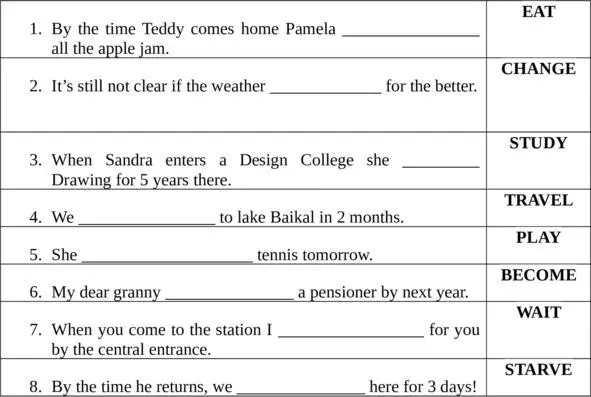
Задания на грамматику 2
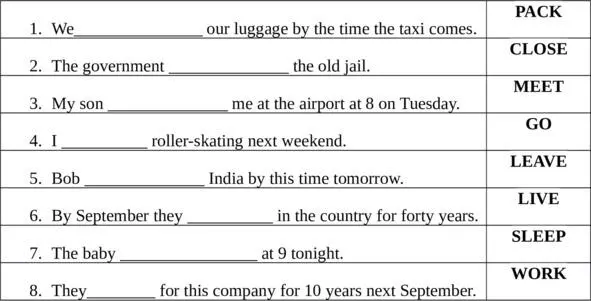
Занятия №№24—25. Работа с текстом «Travelling»
ЛЕКСИКА:
to be fond – обожать, любить
for pleasure – для удовольствия
various means – различные виды, средства
air – воздух
dust – пыль
dirt – грязь
a railway – железная дорога
journey – путешествие
trouble – проблема
speed- скорость
combined – скомбинированный
carriage – вагон
a splendid view – великолепный вид
the countryside – сельская местность
to be hungry – быть голодным
the dining-car – вагон-ресторан
a sleeper – спальный вагон
pleasant – приятный
a wave – волна
fresh – свежий
a seagull – чайка
sights – достопримечательности
a ticket – билет
a suitcase – багаж, чемодан
hiking – пеший туризм
hitch-hiking – автостоп
abroad – за границей
convenient – удобный
pleasure – удовольствие
on foot – пешком
all over the world – во всем мире
to spend – проводить
holidays – отпуск, каникулы
other – другие
countries and continents – страны и континенты
to discover – исследовать
of course – конечно
a lot of fun – много развлечений
1.Прочитайте текст и вставьте вместо каждого пропуска подходящее слово, выбрав его из выпадающего списка. Два слова в списке лишние.
A)All people are fond of travelling. It is very interesting to see new places, another towns and countries. People may travel either for pleasure or on business. There are various means of travelling. For me there is nothing like travel by air; it is more comfortable, A _______and, of course, far quicker than any other means. There is none of the dust and dirt of a railway or car journey, none of the trouble of changing from train to steamer and then to another train.
B)With a train you have speed, comfort and B_______combined. From the comfortable seat of a railway carriage you have a splendid view of the whole countryside. If you are hungry, you can have a meal in the dining-car; and if a journey is a long one you can have a wonderful bed in a sleeper.
C)Travelling by ship is also very C______now. It is very pleasant to feel the deck of the ship under the feet, to see the rise and fall of the waves, to feel the fresh sea wind blowing in the face and hear the cry of the seagulls.
D)Many people like to D______by car. It is interesting too, because you can see many sights in a short time, you can stop when and where you like, you do not have to buy tickets or carry your suitcases.
E)A very popular means of travelling is hiking. It is travelling on foot. Walking tours are very interesting. Hitch-hiking is a very popular method of travelling among E_____people.
1. travel; 2. more convenient; 3. become; 4. pleasure; 5. popular; 6. polluted; 7. young.
2.Установите соответствие между текстами и их темами, выбрав тему из выпадающего списка. Используйте каждую тему только один раз. В задании одна тема лишняя.
This text deals with…
1. Travelling by ship.
2. Travelling by air.
3. Travelling on foot.
4. Travelling by train.
5. Travelling by bike.
6. Travelling by car.
ДОМАШНЕЕ ЗАДАНИЕ
ОБРАЗЕЦ УСТНОЙ РЕЧИ УЧАЩИХСЯ (МОНОЛОГА)
TRAVELLING
1. I want to tell you about travelling.
2. People all over the world spend their holidays travelling.
3. They travel to see other countries and continents.
4. It’s always interesting to discover new things, different ways of life, to meet different people, to try different food, to listen to different music.
5. People travel by train, by plane, by boat and by car.
6. The best way to study Geography is to travel.
Читать дальшеИнтервал:
Закладка:
